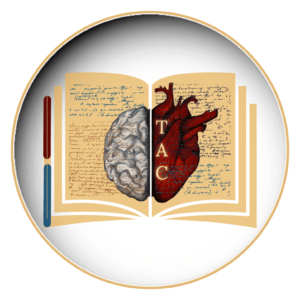

Depression and Insomnia: Know the Connection and How to Manage It
Introduction
Depression and insomnia are two disorders that often occur together, influencing each other in a cycle that is difficult to break. Knowing the connection between these two disorders can help you find effective strategies to manage both conditions.
The Link Between Depression And Insomnia
Depression is a mood disorder characterized by persistent feelings of sadness and loss of interest, while insomnia is difficulty sleeping or staying asleep. About 75% of people with depression experience symptoms of insomnia, and studies show that those who have sleep problems are more likely to develop depression.
Impact Of Depression On Insomnia
Depression can cause disruptions to patterns of sleep, including:
- Difficulty falling asleep: Negative thoughts and anxiety can make it difficult to relax enough to fall asleep.
- Night awakenings: Depression can cause frequent awakenings during the night, often with difficulty falling back to sleep.
- Unrefreshing Sleep: Even when getting an adequate number of hours of sleep, the quality of sleep can be compromised, leaving the person tired upon awakening.
Impact Of Insomnia On Depression
Insomnia is not only a common symptom of depression, but it can also contribute to making it worse or even trigger it:
- Mood swings: Lack of sleep can increase irritability and stress, worsening depressive symptoms.
- Cognitive problems: Sleep deprivation can negatively affect concentration, memory, and decision-making ability, increasing feelings of inadequacy or failure.
- Social isolation: Insomnia can lead to withdrawal from social activities, a factor that can intensify the symptoms of depression.
Management Strategies
Effectively managing insomnia and depression requires an integrated approach that may include:
- Sleep Hygiene: Adopt a relaxing evening routine, maintain a comfortable and stable sleep environment, and limit exposure to blue light before bed.
- Cognitive Behavioral Therapy for Insomnia (CBT-I): This type of therapy helps you change the thoughts and behaviors that cause or worsen your sleep problems.
- Medications: Antidepressants can improve both depression and insomnia symptoms. Other options include sleep medications, prescribed with caution.
- Regular Physical Activity: Exercise can help improve both depressive symptoms and sleep quality.
Conclusion
Depression and insomnia are strongly intertwined, and managing them requires a holistic approach that addresses both conditions. Addressing one of these issues can often lead to improvements in the other, significantly improving your quality of life.
References









